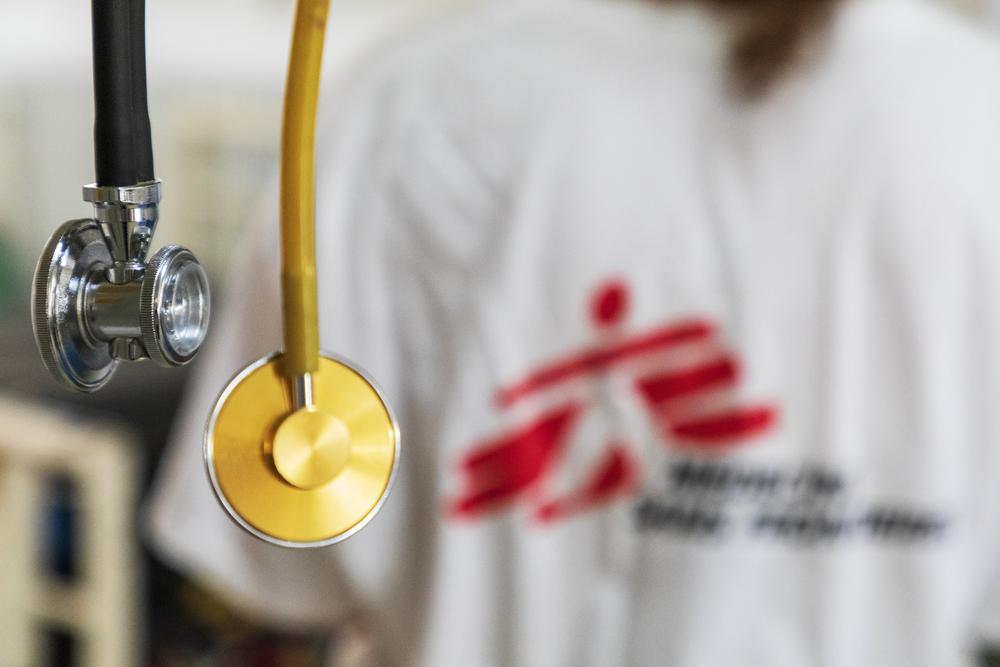On Tuesday 19 September, Azerbaijan launched an attack on several locations in Nagorno-Karabakh. Twenty-four hours later, a ceasefire was announced by all parties, followed by people moving to look for safety inside and outside the region. Armenian authorities reported on Wednesday 27 September that over 28,000 people have already crossed the Lachin corridor, located between Nagorno-Karabakh and the Armenian border, seeking safety and assistance in Armenia.
On Thursday 21 September, Médecins Sans Frontières/Doctors Without Borders (MSF) sent a team to Goris, in Syunik province, southern Armenia, to provide aid to people fleeing Nagorno-Karabakh to this province, after several months of living under siege. MSF teams are preparing to provide mental health support to those affected, while we remain ready to adapt to evolving needs as more people arrive.
“The people of this region have endured nine months of isolation, cut off from crucial material, food supplies and medical and humanitarian assistance,” says Franking Frias, MSF Head of Mission in Armenia. “They found themselves trapped amidst bombardments and gunshots, forced to make heart-wrenching choices between risking their lives staying at home or leaving everything behind looking for safety.”
Since 12 December 2022, the Lachin corridor, a critical lifeline for the region, has been subject to a blockade resulting in severe shortages of essential supplies, including food, medicines, fuel, and other basic necessities for approximately 120,000 inhabitants in Nagorno Karabakh.
“It is crucial that people who wish to leave the territory are granted a safe passage out from Nagorno Karabakh,” says Frias. “This is to avoid further victims of the escalation of the conflict in the region and prevent them from facing other risks to their health, dignity and safety on their way out.”
